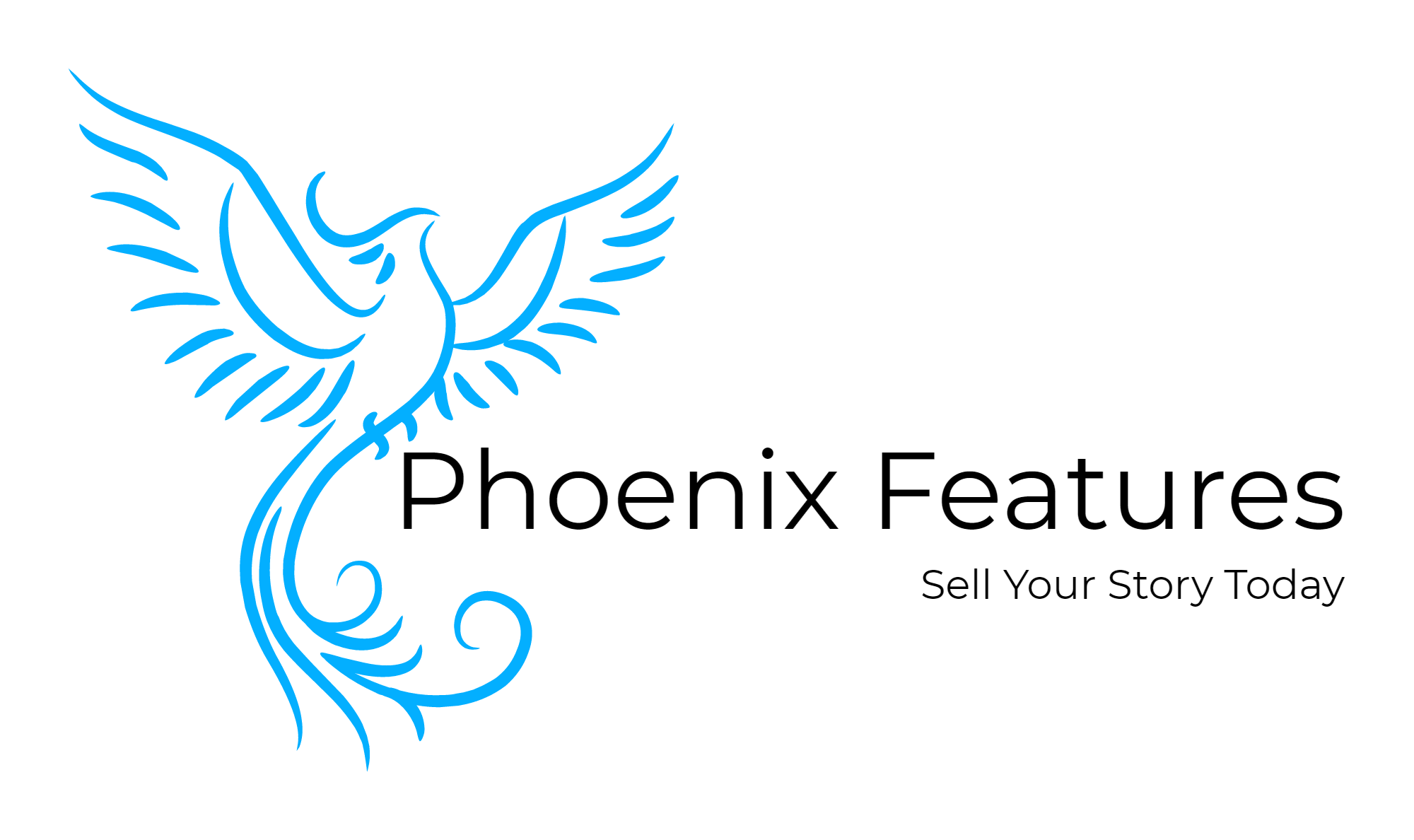I Am Mara
We're very proud to be the go-to writers for the Down's syndrome community. Here we have Michelle, mum to the beautiful Mara. Mara is spearheading a revolution - and we're on board! Michelle was fed up with the derogatory way doctors, nurses and people on the street spoke about her daughter. So she started a campaign - Lose the Label - to gently educate the world about choice of language used.
The campaign has gone global. Not only have we placed Mara and Michelle's story in Bella, the Sunday Mirror, New and Woman (those last two are yet to be published, watch this space) but around the world too. Families are joining the Lose the Label campaign from every corner of the world and each new poster helps one more person think. Well, at least one. More like one thousand. Look out for Mara on a billboard near you!
Michelle was fed up of the way people spoke about her baby. It was time for Mara to take centre stage...
Michelle, 45, explains:
I was 43 when I found out I was expecting and I knew my age increased the chances my baby would have Down’s Syndrome.
My husband Ben and I didn’t want an amniocentesis as it increased the risk of miscarriage, if only by 1%. We just wanted to meet our baby, whoever she may be.
Mara was born seven weeks early via C-section. It all happened so fast, but as I looked down at my little 3lb baby, I was overwhelmed with love.
The joyous moment was short lived - the following day, doctors warned me Mara might have Down’s Syndrome.
It didn’t phase me at all - I was more concerned with her health as she’d been born so premature.
I didn’t love her any less or mourn the life I thought she’d have. She was everything I hoped she’d be any more. I didn’t for one moment fear Down’s Syndrome. But I did fear what the future held for my baby.
We were up against prejudice from the word go.
‘The Down’s Baby’ - that’s how doctors and health care professionals referred to Mara.
‘She’s called Mara,’ I’d say. Why couldn’t they see Mara for Mara? It was always ‘the Down’s baby’.
When I took Mara to buy her first pair of shoes, the shop assistant took one look and said: ‘Your Down’s baby doesn’t have it too bad does she?’
It’s not Mara’s laugh or love of her favourite teddybear that people notice when they first meet her. It’s Down’s Syndrome. Doctors to strangers on the street - everyone saw the Down’s Syndrome first.
By the time she was six months old, I was starting to get really riled. Even people who knew Mara’s name would still call her ‘the Down’s baby.’ It was so offensive.
I decided to take action. I took a picture of Mara and made it into a poster, writing: I am Mara. I have Down’s Syndrome. I am not Down’s Syndrome. I am Mara.’
It wasn’t about pointing fingers and saying to people 'You said it wrong.' It's about helping people come to a better understanding of what Down's Syndrome is.
I posted it on Facebook and within days had hundreds of likes. Quickly, my campaign touched hearts all over the world. It was shared thousands of times. I set up a Facebook page that has over 5400 likes and shares.
Friends and strangers sent pictures of their children for me to make the same poster with.
It is amazing to think that in lots of little pockets and circles around the world, locally, nationally, globally, virtually and really - families are sharing Mara’s message.
I didn’t intend to start a revolution - I just wanted people to see Mara first. But the reaction has been incredible. It’s not just Mara who has been treated like this - hundreds of children have.
My campaign has spiralled and little old Mara is the poster girl, along with so many of her friends. We’re helping people understand the importance of the right words.
Mara is not a checklist of characteristics in a text book. She smiles, laughs, cries. She likes her dolls house and building sandcastles on the beach. She did everything you would expect a baby to do, just in her own time.
The reaction people have to Down’s Syndrome will effect Mara for the rest of her life - I used to think there was nothing I could do about that. But Mara is showing the world to think twice.
Mara is Mara. She is not Down’s syndrome. She’s so much more.

